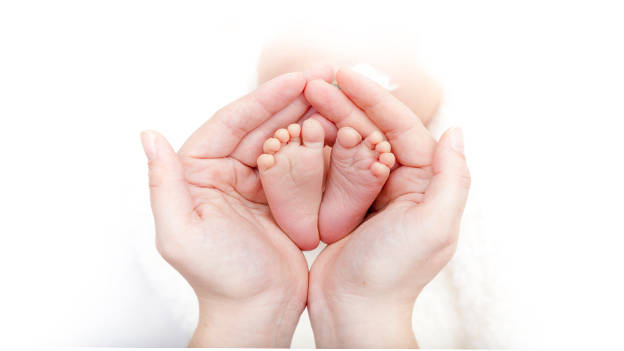A round-up of Adoption Leave Policies in Indian companies

It was a wait worth waiting for – Sujoy and Rashi could not contain their excitement when they became parents for the first time. The ever-busy working couple had decided to adopt a child but were unsure about how they will take ‘maternity’ breaks since Rashi was not ‘naturally’ delivering the child. Both of them went to their companies’ HR departments and were surprised to learn about how most organizations in India have diversified their policies around employees’ needs and requirements.
In India, while it is mandated by the Government to give 3 months of paid maternity leaves to women employees of private companies under the Maternity Benefits Act 1961, no such Act exist to allow private employees to take leave if they adopt a child. In 2009, the Government of India agreed to extend the leaves of women government employees in case of adopting a child less than one year from 135 days to 180 days – at par with Maternity breaks.
However, MNCs have not waited for the government mandate, but instead have been developing new policies around the needs of changing workforce, and also coming out to support their employees’ decisions. Earlier, ‘adopting’ a baby was considered a societal stigma – something that happened behind the curtains – everytime someone adopted a bundle of joy, celebrations were mostly muted. People had various notions about adoption. But things are looking brighter for couples who decide to adopt for various reasons – unable to conceive, or even deciding just to adopt. Sonali Roychowdhury, HR Head, P&G India in an emailed response said, “In the last couple of years, the number of P&G employees who have adopted has doubled. And since P&G India is a very young organization with an average age of 28-29, we expect this adoption trend to pick up in future.”
Taking this trend seriously, P&G India in March 2016 decided to curate a new policy with regard to new parents willing to adopt a child. The company has introduced a new Adoption Leave to enable parents to bond and transition the new child to the family. The key differentiator in this policy is that the adoption leave is gender neutral and the primary care giver whether male or female is eligible for 6 months of paid leave. “Parenting is a critical life stage for our employees, and as a company we ensure that we provide our full support so that our people feel valued as they are the most important asset for our company. Being an ‘employer of choice’ in India and globally, such policies are key enabler for us to hire, engage and retain best talent,” said Roychowdhury.
In July 2015, e-commerce major Flipkart made news when they announced their new ‘Adoption Assistance Program’. Encouraging work-life balance, the company pays Rs 50,000 to employees as adoption allowance towards legal, agency and regulatory costs arising out of the process. Adoptive mothers are given the same amount of times as Maternity leave policy (6 months paid leave + 4 months of flexible working hours), and Adoptive fathers are eligible for 6 weeks of paid leave under this program. Additional extended unpaid leave for up to 3 months will also be available with assurance of continuity on the same job.
Satheesh KV, Director- Total Rewards at Flipkart, in an earlier email response to People Matters had said on motherhood, “Over the years, we have noticed that motherhood is a period when a significant number of women decide to stop working. New mothers always find it difficult to adjust to their dual roles. Our intent here is to slowly get them acclimatised to this dual role and eventually get them comfortable with work life. We have not only focused on extending the maternity leave period to six months, but also designed it in a manner to help them get back to work life smoothly. We want to support women employees achieve work-life balance as they continue to focus on their careers.”
Like P&G and Flipkart, other Indian organizations also follow adoption leave policy. NDTV and Star India, both media houses offer 6 months of paid leave to women employees adopting kids. Tata Consultancy Services has a 3 months paid Adoption leave for both men and women employees. Asian Paints also allow 3 months of paid leave to women employees in case of adoption. At Intuit, employees who wish to adopt, gets paid Rs 50,000 and 84 days of adoption leave. Google India along with 7 weeks of paid leaves, give reimbursement cost up to Rs 10,000 for adoption costs. PropTiger, the online real estate advisor, has 4-month adoption leave policy for its employees. While L&T Infotech and Accenture India allow 8 weeks of leaves in case of adoption, Wipro, Idea, and Aditya Birla Financial Services provide a month’s off each. However, Idea also offers 2 months of flexible working and child care leaves post adoption. At Lupin, the leave is for 45 days in case of adoption.
Adopting a child in India is not easy – it takes years of perseverance as the process is very exhaustive. And after the gruelling time, the new parents do need to spend time with the baby once he/she is home. Being adoptive parents or biological is not the question here – it’s about parenthood and taking care of a baby; and there is no greater joy than this! Organizations are assuring this happiness by tweaking their policies.







